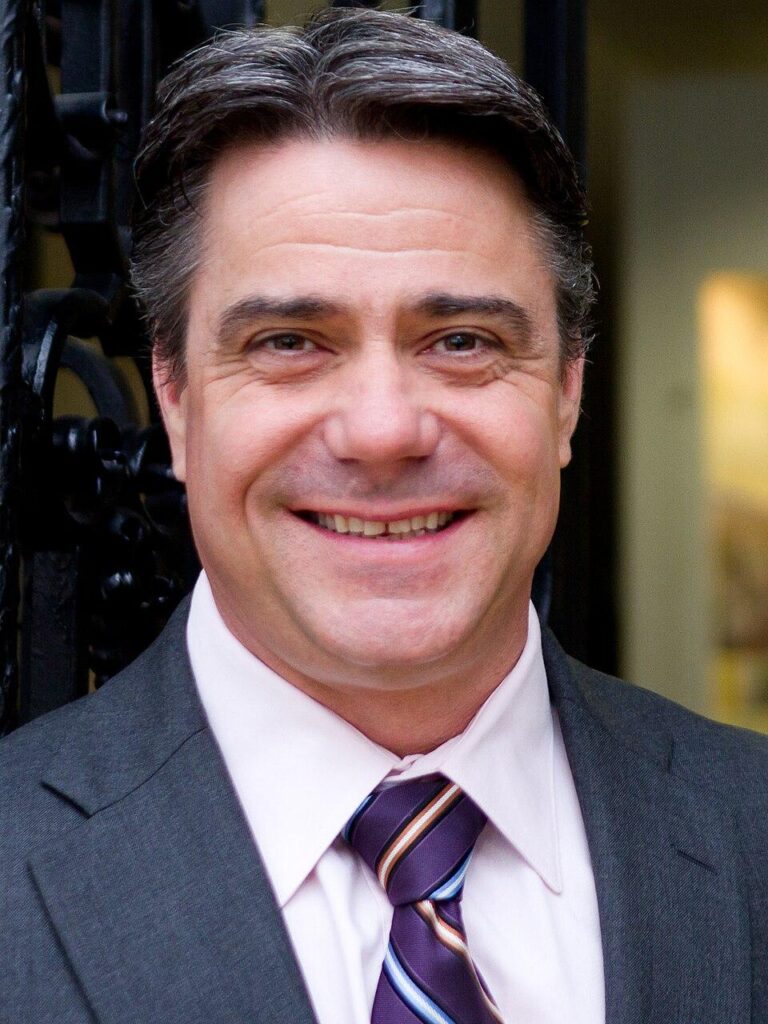Bobby Henon’s Progression to Halfway House Signals New Phase in Reintegration Journey
Bobby Henon, once a member of the Philadelphia City Council, has recently been moved from federal incarceration to a halfway house, marking a pivotal stage in his reintegration process following his conviction on federal corruption charges. This transition is part of a structured approach aimed at easing former inmates back into society by providing essential support systems that reduce the risk of reoffending.
Halfway houses offer a controlled environment where individuals like Henon gain increased autonomy while still under supervision. These facilities provide access to resources that are typically unavailable in prison settings, including:
- Daily monitored routines to encourage responsibility
- Opportunities for employment within the local community
- Access to mental health and behavioral counseling services
- Programs designed to foster community engagement and service
| Phase | Typical Duration | Objective |
|---|---|---|
| Prison Term | Over 2 years | Serving sentence following conviction |
| Halfway House Placement | Approximately 6 months | Facilitating community adjustment and job readiness |
| Complete Release | Upon program completion | Full reintegration into civilian life |
Political Fallout and the Challenge of Restoring Public Confidence in Philadelphia
Henon’s move to a halfway house has reignited critical conversations about ethical governance in Philadelphia. Once regarded as a prominent public servant, his conviction and subsequent reintegration efforts highlight the ongoing struggle to rebuild trust in local government institutions. This situation serves as a reminder of the long-lasting impact political scandals have on community perception and civic engagement.
The broader implications of Henon’s case extend beyond his personal circumstances, influencing several key areas:
- Enhanced Political Oversight: There is growing demand for more rigorous transparency and accountability frameworks.
- Public Disillusionment: Heightened skepticism among voters has contributed to lower participation rates in affected districts.
- Ethics Reform Initiatives: Renewed momentum for stronger conflict-of-interest regulations and ethics codes.
| Area of Impact | Resulting Effect |
|---|---|
| Community Trust | Significant decline in confidence toward elected officials |
| Voter Engagement | Reduced voter turnout in impacted neighborhoods |
| Legislative Actions | Formation of ethics oversight committees and policy reviews |
Distinct Challenges in Rehabilitation and Community Reintegration for Former Public Officials
The path from incarceration back to everyday life presents particular hurdles for ex-public officials such as Bobby Henon. Their high-profile status subjects them to intensified public scrutiny and elevated expectations for accountability. Unlike the general population of returning citizens, these individuals must carefully navigate the complex process of restoring both their personal reputation and public trust.
The stigma associated with political scandals often restricts access to vital resources, including employment opportunities and social support networks. Moreover, ongoing media attention can exacerbate psychological stress during the critical early stages of reentry. Unfortunately, specialized programs tailored to the needs of former officials remain scarce, leaving gaps in effective support.
Key reintegration challenges include:
- Reestablishing Professional Relationships: Rebuilding connections within political and civic communities without the leverage of former office.
- Addressing Public Doubt: Overcoming reputational damage by demonstrating authentic behavioral change.
- Accessing Targeted Support Services: Receiving counseling, vocational training, and mentorship designed for individuals with public service backgrounds.
| Challenge | Effect | Recommended Approach |
|---|---|---|
| Public Distrust | Limits community involvement | Organizing open forums and transparency initiatives |
| Employment Difficulties | Restricts job prospects | Developing specialized career reentry programs |
| Media Pressure | Heightens emotional strain | Providing access to mental health resources |
Strategies to Bolster Oversight and Ethical Governance in Local Politics
To prevent future misconduct and restore public faith, local governments must implement stronger transparency and accountability measures. Establishing independent oversight bodies with subpoena powers can ensure impartial investigations into corruption allegations. Additionally, instituting compulsory ethics education for all elected officials and municipal employees can cultivate a culture of integrity and legal compliance.
Further improvements include robust protections for whistleblowers, encouraging the reporting of unethical behavior without fear of retaliation. Utilizing technology, such as publicly accessible online dashboards that track government expenditures and project statuses in real time, can also enhance transparency and citizen engagement. The following table summarizes key recommended reforms:
| Reform Measure | Expected Benefit |
|---|---|
| Independent Oversight Committees | Objective and thorough investigations |
| Mandatory Ethics Training | Heightened awareness and compliance |
| Whistleblower Safeguards | Encourages safe reporting of misconduct |
| Public Transparency Platforms | Improved government accountability |
Conclusion: Henon’s Transition Highlights Ongoing Struggles with Corruption and Reform in Philadelphia
As Bobby Henon moves from incarceration to a halfway house, his case remains a focal point in discussions about political corruption and the quest for accountability in Philadelphia. This stage of his sentence reflects both the personal challenges he faces and the broader systemic issues confronting local governance. Residents and political observers will continue to monitor Henon’s reintegration closely, as his experience underscores the critical need for effective oversight and rehabilitation frameworks. Updates on his progress and related political reforms will be shared as new information emerges.


